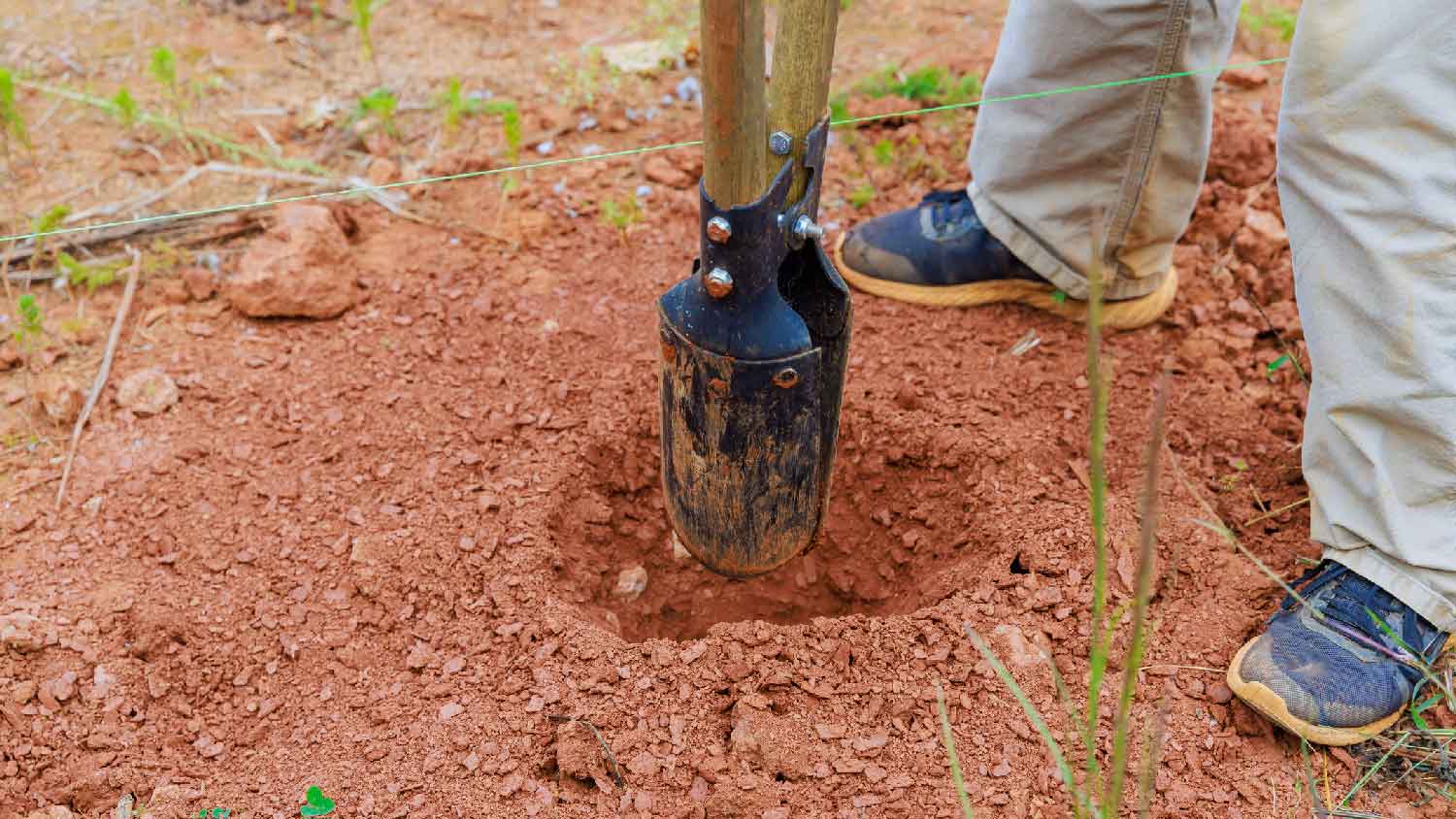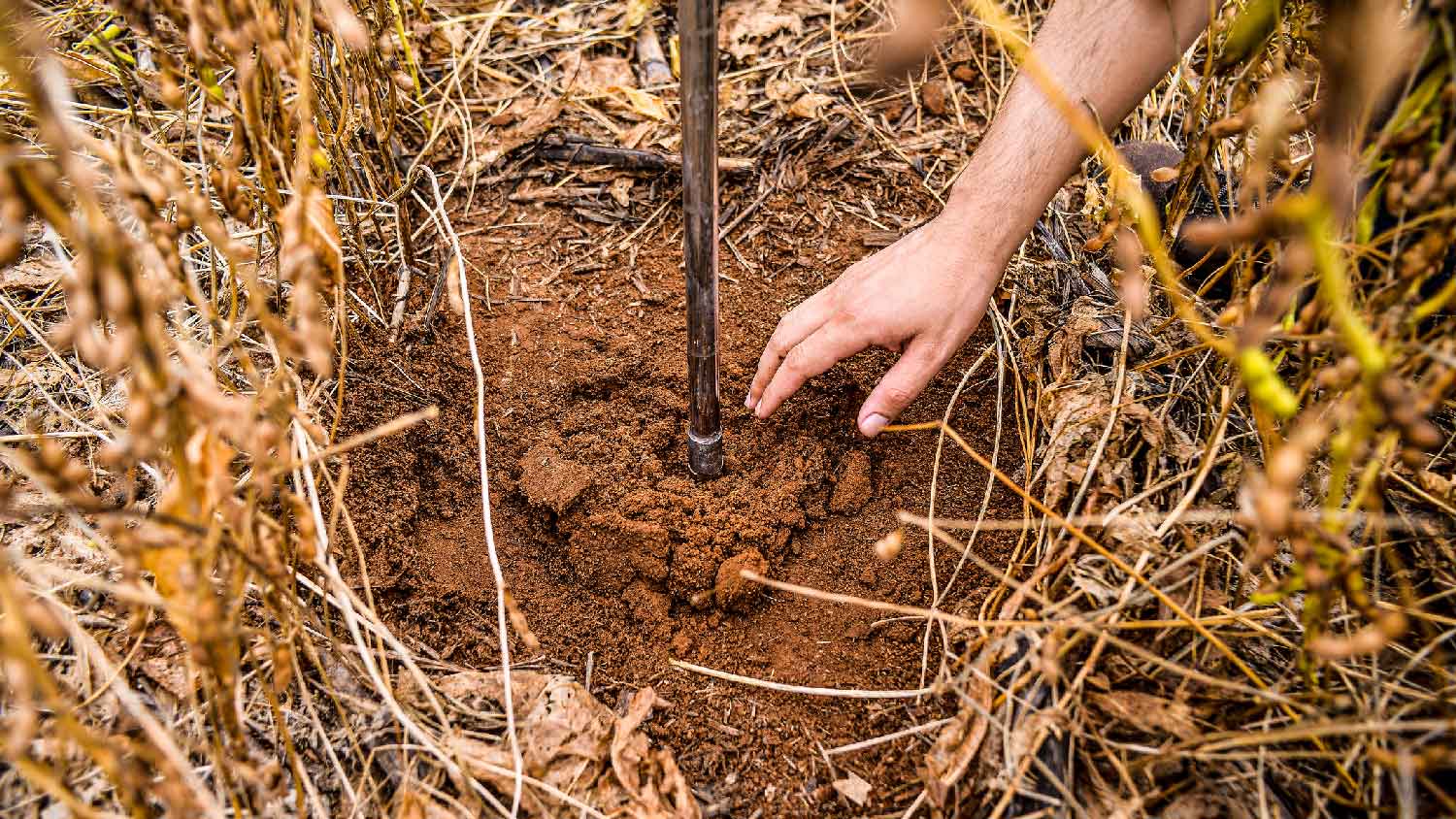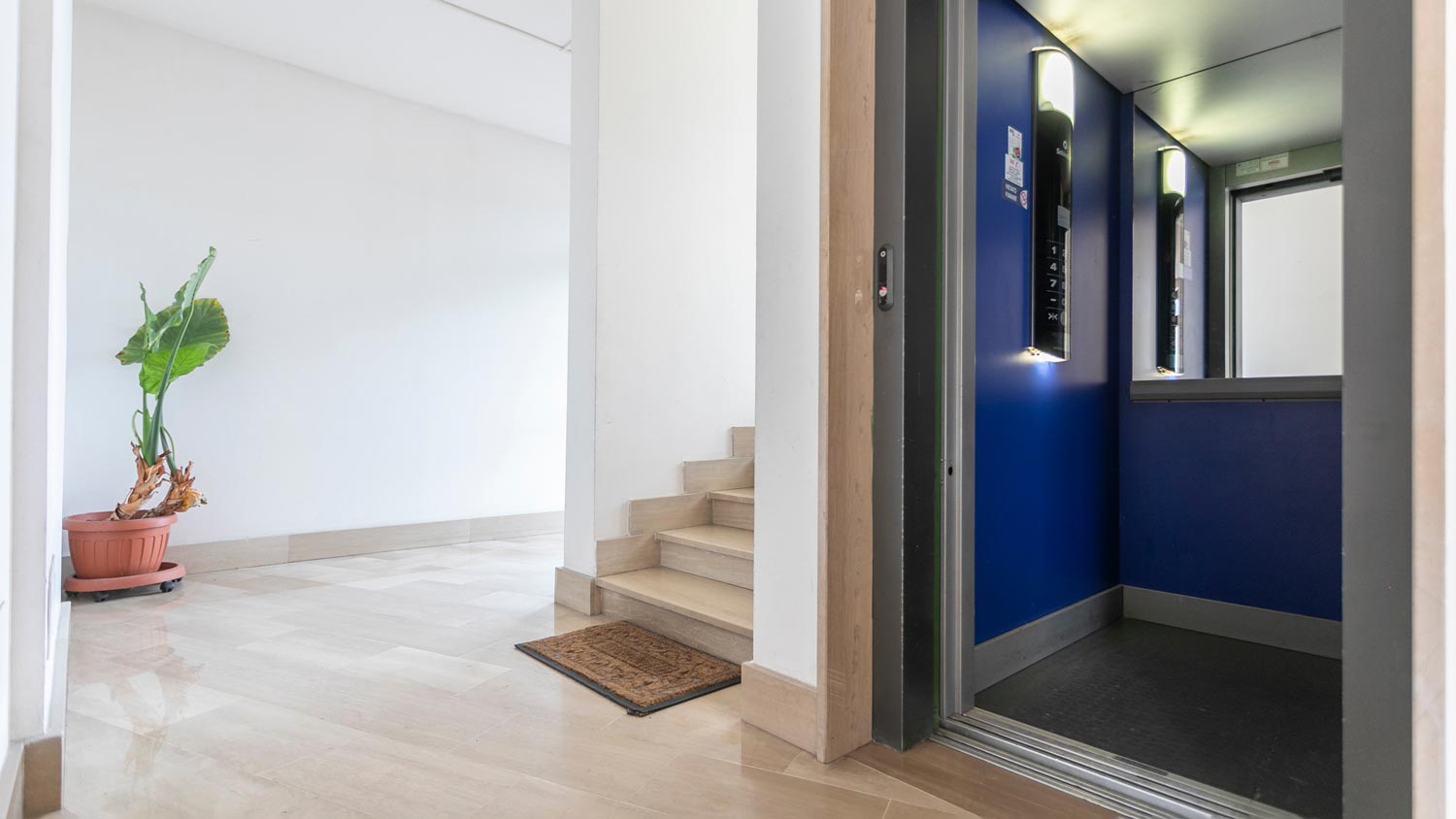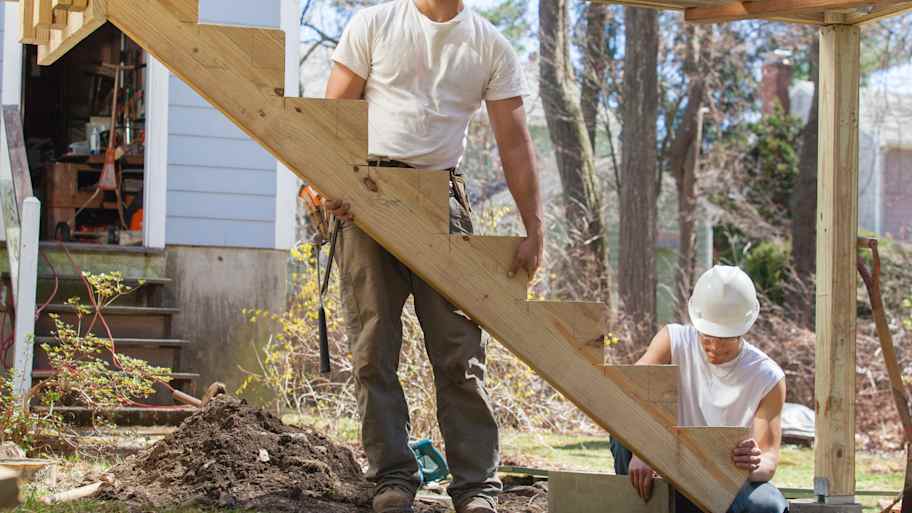
Most building projects and septic installations require soil testing to ensure proper drainage. Learn how much a perc test costs and what affects costs.
Find the perc-fect time to test your soil’s drainage


Summer is the best time to do a perc test, as the soil is soft and water tables are often the lowest.
Your local climate and outdoor temperature will determine the best time to do a perc test.
Perc tests are usually good for two to five years, so make sure you plan ahead so that your perc test results are still good when you’re ready to start your project.
The best time to do a perc test depends mostly on your local climate and the outdoor temperatures in your area, but you’ll want to wait for a season with less precipitation and when the ground outside isn’t so hard that digging is challenging. We’ll explain the factors you should consider before scheduling a perc test and what time of year is best.
The best time to do a perc test is the summer because the soil is warm and easy to excavate. Summer also tends to bring less precipitation, which means the water table is often lower, and there will be less moisture in the ground. Dryer soil can drain more easily, which can mean a better chance of passing your perc test.

There are a few factors that affect the best time to do a perc test, including the time of year and how soon you should start your testing based on your preferred project timeline.
The climate in your area will affect your perc test results, mainly in relation to precipitation. A perc test determines how quickly the soil on your property can drain water on the surface, so you ideally want to conduct your test when the soil is dry to give it the best chance of passing. Most areas in the U.S. see less precipitation during the summer than they do in other seasons, which is one reason why summer is the best time.
It’s important to note that a perc test involves saturating the soil before conducting the test to simulate conditions in the worst possible scenario, like a flood. However, the climate can still make a difference, as water tables tend to be lower in the summer, which means there should be more room for water to drain out of your soil.
The temperatures in the summer are also the most conducive to doing perc tests. In the winter, the ground can freeze, which makes excavation more challenging. Perc tests require excavation to test how well the soil drains at a given depth—often the depth at which your septic system drain field will sit. If the ground is harder due to winter temperatures, you could end up paying more for the labor to excavate, whether your expert is digging manually or using an excavator.
In the summer, the soil is warm and easier to dig, which could lead to lower labor costs.
Your soil composition plays a major role in whether you pass or fail your perc test. Sandy soil has larger soil particles and drains much more quickly than clay soil, which has fine particles that block the flow of water. Sandy soils are more likely to pass perc tests, while clay soils are less likely. You may also need to perform a soil test.
The soil composition also plays a role in when you should do a perc test. Clay soils hold onto water more readily, so they’re more likely to freeze over and weigh more in winter temperatures. If you have sandy soil, it may not make much of a difference when you do your perc test, but clay soils are best to test in the summer.
Finally, perc tests are usually the first step in a much larger project, like new construction or installing or upgrading a septic system. Perc test results are usually good for between two and five years, so make sure to time your test so that you only have to do it once before you begin your project.
The worst time to do a perc test is in the winter, when the ground is more likely to be frozen and challenging to excavate, and water tables tend to be higher. You may pay more for labor to excavate frozen ground, and soil tends to drain more slowly in the winter, which can lead to a higher risk of failing.

A perc test costs around $1,300, and most homeowners pay somewhere between $750 and $1,900. Prices can sit as low as $300 for a single, manually dug hole for a small property, and they can reach as high as $3,000 for multiple large holes dug with an excavator for a larger property.
You can do a perc test yourself for your own knowledge, which can help determine watering schedules for your lawn or garden bed, but for all other purposes, you’ll need to hire a local soil tester or excavator.
In most cases, you’ll need a perc test if you’re building new construction, installing or replacing a septic system, or making changes to your property’s grading or drainage. Your local building department or health department will require that a professional conduct the perc test for all of these purposes before they sign off on the project.
365 Kool arrived earlier than expected and priced me out fairly. The technician even notified me of other potential issues. This company truly cares!
Amazing work been using this company since over 10 years amazing people to deal with great prices fixed all my homes that I own highly recommend
He requested I review his service, so I am following through. This week was the second service. I told him that our particular needs were that the trash cans in the living room, kitchen, and my bedroom be emptied. I explained what should go in recycling and which should go in garbage bin...
Excellent company with a great team. John from a1 masonry contractors is knowledgeable, professional, creative and precise. I Was immediately impressed by his whole approach. It's so refreshing to work with folks who are not only striving for perfection, but actually executing it on an...
Very helpful, I am very satisfied with his work.
We didn't have to put down a deposit, and they did a fantastic job landscaping the front and rear! I appreciate it!
Star Light Construct is the best group of contractors I've ever worked with. They painted the apartment, stained the floors (and re-floored the closets) and did a bunch of carpentry work throughout the space. Unbelievably great service and excellent work. I will be rehiring them for the next...
Doug did an outstanding job. We contacted him back in July (based on his reviews on Angie's List)-- because we needed some carpentry work done at our home in Westhampton Beach. He was on time (actually arrived early for our first meeting), reliable, a pleasure to deal with and most of all his...
They were horrible. I do not know what was going on. I do not know what happened in the initial interaction, it was over eight weeks before they even got back to me and by that time I was starting to look at other places. I was so disconcerted by them I called American Express and gave the...
From average costs to expert advice, get all the answers you need to get your job done.

Most building projects and septic installations require soil testing to ensure proper drainage. Learn how much a perc test costs and what affects costs.

Discover stair repair cost estimates, including average prices, key cost factors, and tips to help you budget for your stair repair project.

When your home project requires a professional at the helm, how much are construction management fees, and how do they determine their rate? Let's break it down.

How much lumber you need for framing depends on several measurements. Use this calculator to estimate how to calculate lumber for framing.

Discover the average home elevator maintenance cost, key price factors, and expert tips to help you budget for safe, reliable elevator upkeep in your home.

Stair stringers support every step you take. From wood to steel, open to closed—explore the different types, materials, and whether to DIY or hire a pro.